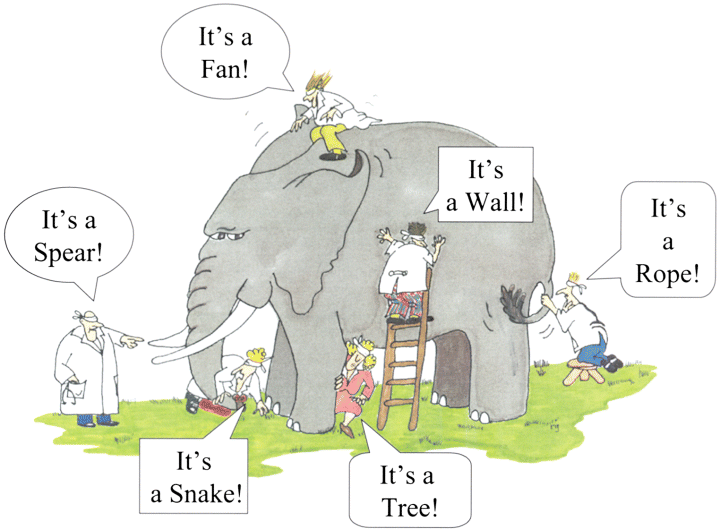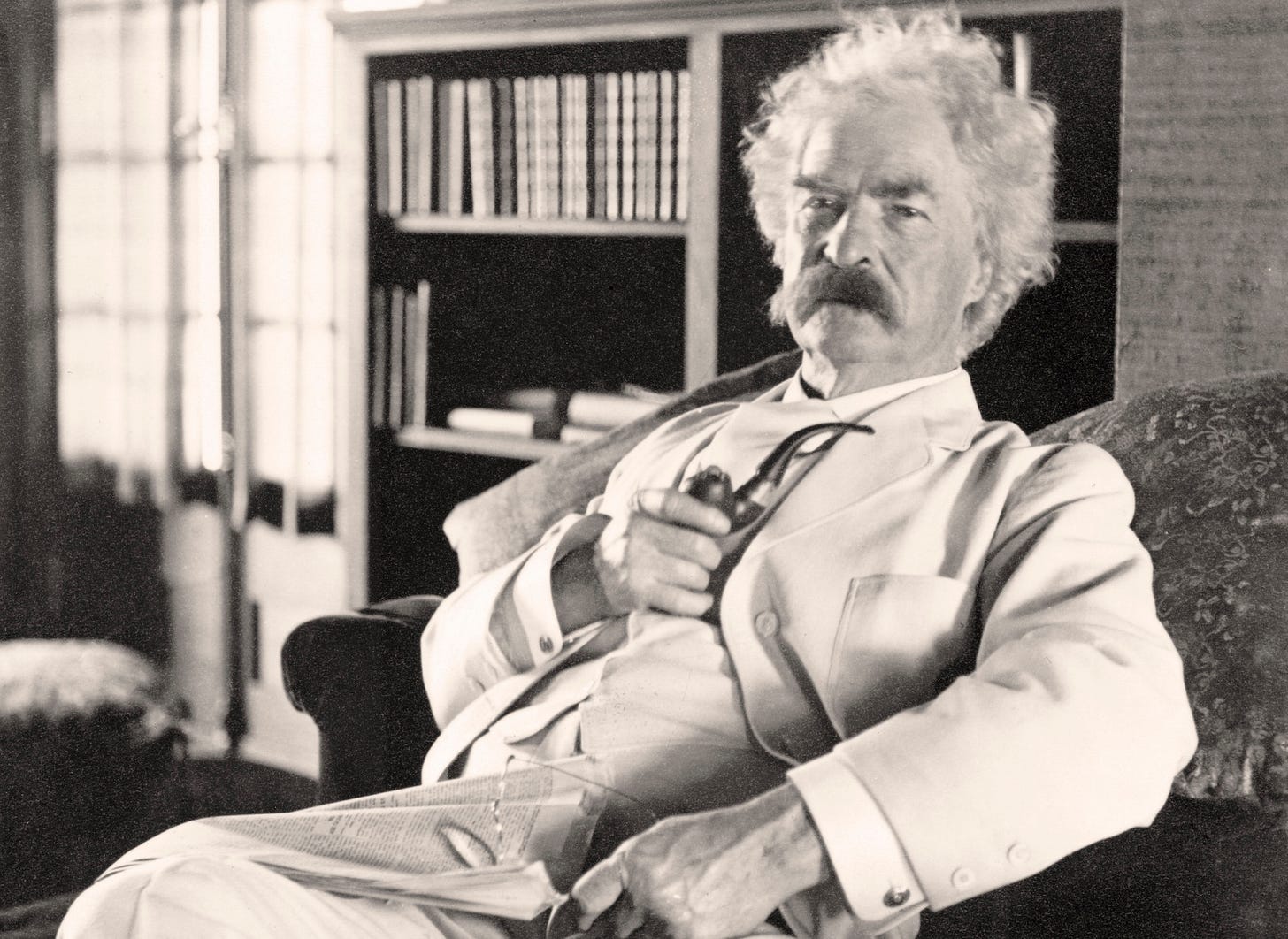People Are More 'Blind' in Their Assumptions Than They Realize
An old lesson that illustrates our tendency to make clearly wrong conclusions
Shahil Bloom, pictured, is a great “follow” on LinkedIn and he recently wrote of the parable of The Blind Men and the Elephant, which teaches us something invaluable, which is that our perceptions and conclusions are not always accurate, even if we overconfidently and wrongly assume they’re factual.
Bloom tells the story, which he writes “has been reproduced in many forms, but the simplest version goes like this: Six blind men are brought to examine an elephant that has come to their village. The first man touches the trunk and says that the elephant is like a thick snake. The second man touches the tusk and says that the elephant is like a spear. The third man touches the ear and says that the elephant is like a fan. The fourth man touches the leg and says that the elephant is like a tree. The fifth man touches the side and says the elephant is like a wall. The sixth man touches the tail and says the elephant is like a rope,” he shares, adding that, “Each of the blind men is convinced that he is right, and that everyone else is wrong.”
That’s humanity, convinced in our “right” conclusions and “knowing” that other people or “everyone else” is wrong. And you know what? Sometimes we might be correct.
Yet as the story above shows, sometimes we are going off limited information. We don’t have the whole picture, so to speak. We might be partly, yet not fully correct. We might be entirely wrong.
Then when we are making important decisions or committing hardline judgments and harsh decisions rooted in ignorance or worse, arrogance, that may or may not affect us and may negatively impact others, we have a big problem.
We feel and (falsely) assume that we “know” and are superior thinkers, instead of being intellectually humble and thoughtful ones.
As Mark Twain communicated, “It ain't what you don't know that gets you into trouble. It's what you know for sure that just ain't so."
There can be more “that just ain’t so” in our lives than we realize. Maybe it hasn’t hurt us yet or hurt others terribly but at the same time, maybe it has led to preventable judgments, decisions and actions that have harmed other people or cost us.
This seems to be something vital to learn and remember. It might prevent big problems one day for decent people or ourselves or help us correct egregious errors.
Michael Toebe is a reputation consultant, advisor and communications specialist at Reputation Quality, assisting individuals and organizations with further building reputation as an asset or ethically protecting, restoring or reconstructing it.
Subscribe for free or become a paid subscriber to receive and access “extras,” whichever works best for you.







